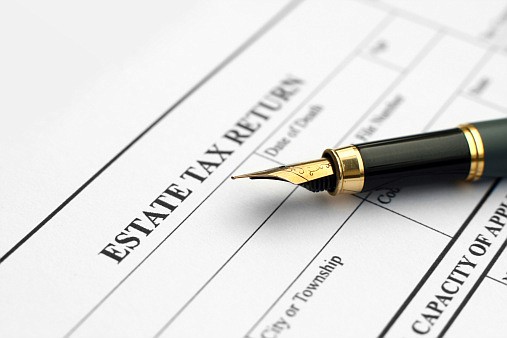What is the Estate Tax and how does it affect me?
January 26, 2012 at 8:47 a.m.
Understanding estate tax and how estate tax deductions can be used to lower the value of your gross estate is essential if you want to leave anything to your heirs. Not only does the US government tax all your income, tax your social security and tax everything you buy, Uncle Sam also wants a bit after you die.
Estate tax law is a veritable soup of confusing tables. In addition, the Tax Relief, Unemployment Insurance Reauthorization, and Job Creation Act will sunset on December 31, 2012 returning the estate code to 2001/2002 rates. Anyone with a complicated estate or one that comes near to $1,000,000 will need to seek legal council. Here are the bare bone basics of the US Federal Estate Tax as it stands today.
When a person dies all of their assets including property, real estate, cash, insurance policies, trusts, annuities, businesses and farmland are combined together to form what is called the "gross estate." This gross estate minus costs is then added to lifetime taxable gifts (since 1977) to compute the net amount. Generally speaking, if this net amount exceeds $1,000,000.00 federal estate taxes must be paid. State estate taxes are computed at different levels and are paid in addition to federal estate taxes. Until 2013 the exemption from the federal estate tax can be as high as $5,120,000.
Estate tax deductions can reduce the gross estate. These deductions include things like trust administration and legal fees and certain types of operating costs for small businesses and farmland. The government has raised estate tax exemption amounts but they have also increased compliance requirements. Moreover, if it is determined that that estate has been undervalued or that compliance has not been met hefty penalties apply.
Content Provided by Spot55.com





